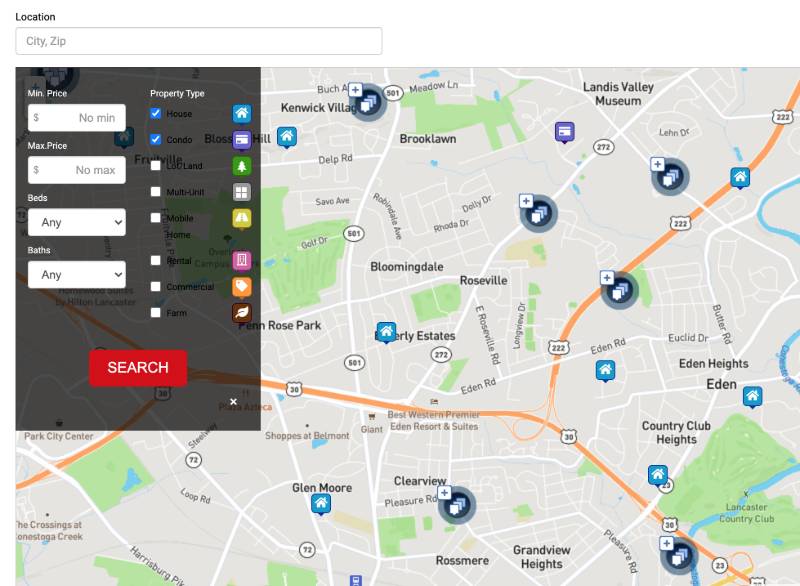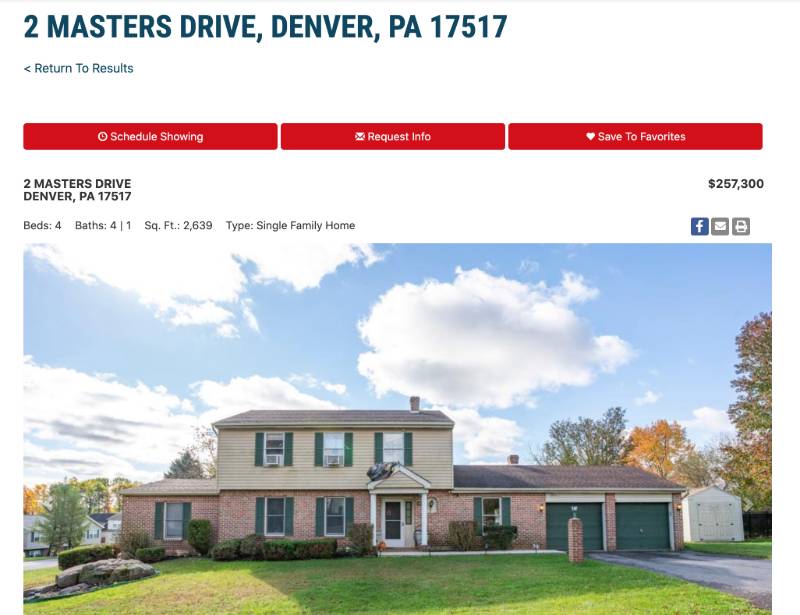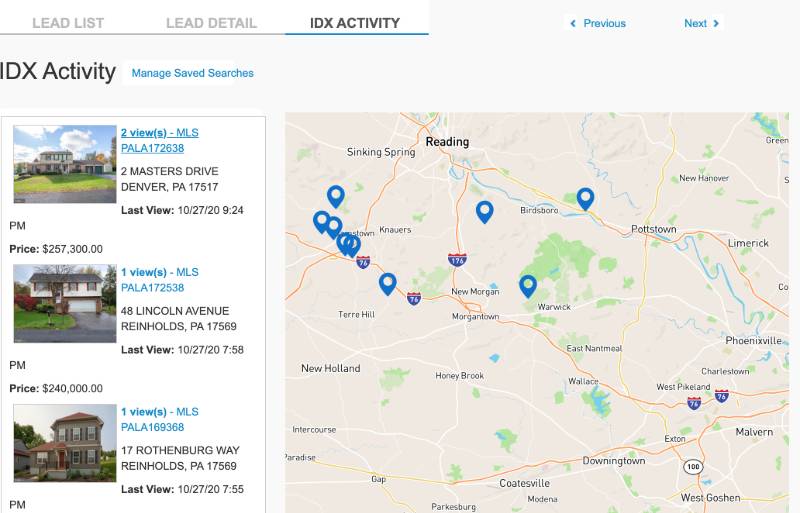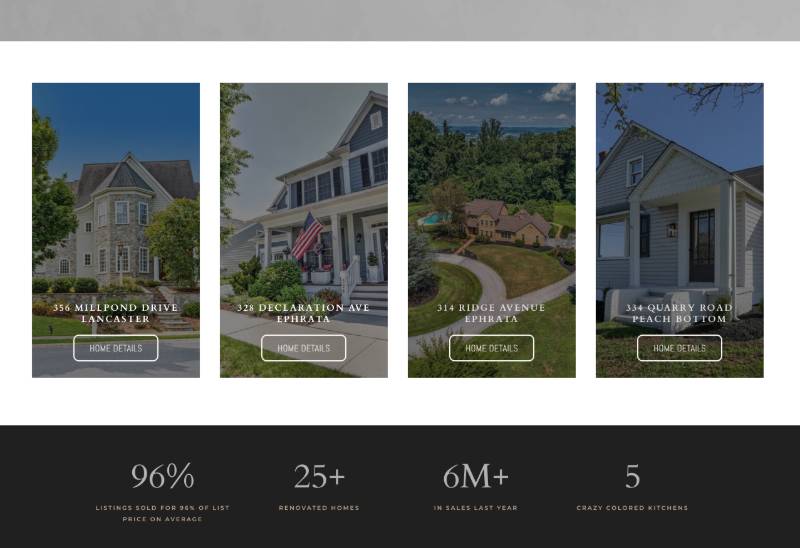One of the biggest questions we are asked from real estate agents is whether they should have a tool on their website so their clients can search for properties with filtering capabilities. Naturally, when you’ve drawn someone to your page, you want to offer them everything they desire so they don’t go looking somewhere else. Do you need an IDX feed? That’s a great question, but we first need to talk about what it is so you know you’re getting the right thing. So we’ll cover what an IDX feed is, the process by which you would gain a feed on your website, and help you know whether you actually need one.
What is an IDX Feed?
Property searches on a website are part of a feed of all the MLS listings in a particular region that can be sorted based on search criteria chosen by the user. These are often found on big real estate marketplaces, like Zillow, Trulia, and a host of others. An Internet Data Exchange (IDX feed) is simply a term that describes the action of passing the information which is located in an MLS database to the front side of a website.

Every region or state has its own MLS listing software. For example, in Central Pennsylvania as well as certain parts of Maryland and Delaware, real estate agents use the Bright MLS program to enter listings. In order for an agent to have access to those listings, an IDX feed is needed to take that information from Bright MLS and present it through WordPress to show up on the front of the website.
How do I Get an IDX Feed on my Website?
Getting an IDX feed is not something that just anyone can get. It’s not an app that just anyone can download. For instance, Pete, the plumber can’t just sign up for an IDX feed and list properties on his business website. An IDX feed can only be gained through an approved link.

An agent must submit an application to the parent (ie. Bright MLS) signed by the agency proving you are a licensed and approved real estate agent. Once your application is approved, the agency (or whoever submitted the application) would pay a data fee for the MLS listings to be sent to the agent’s website. The data would be unplugged from the parent and released to flow to your website.
Do I Need an IDX feed on my Website?
This question is tricky because it’s not a “one size fits all” answer. The truthful answer is: Sometimes, yes; and sometimes, no.

Most agents won’t need an IDX feed. According to the National Association of Realtors, 93% of people visit websites when searching for homes. That means that most people are going to visit Realtor.com, Zillow, HomeSnap, and run the gamut of all the home marketplaces because they invest millions of dollars to ensure the online user-experience is pristine.
You will not want an IDX feed if:
- You’re just starting out in your real estate game
- You’re more a “buyer” rather than a “listing” agent
- You get most of your leads from paid promotions on 3rd party platforms (like Facebook, Zillow ads, etc.)
If your website serves as validation for your name and a personal brand connection, your audience isn’t concerned with using a home-finding tool on your website. They are there for you.

You’ll want to consider getting an IDX feed if:
- You’re an established real estate agent and know exactly what your niche is
- Your promotional tactic is that you’re a one-stop-shop experience.
- You’re building up trust with your clients and you want to ensure you get all your leads.
Again, this topic is personal for each agent. Not everyone will need this feature on their website. If you’re unsure, feel free to reach out and we’d be happy to answer your questions and help you evaluate your personal website needs.






